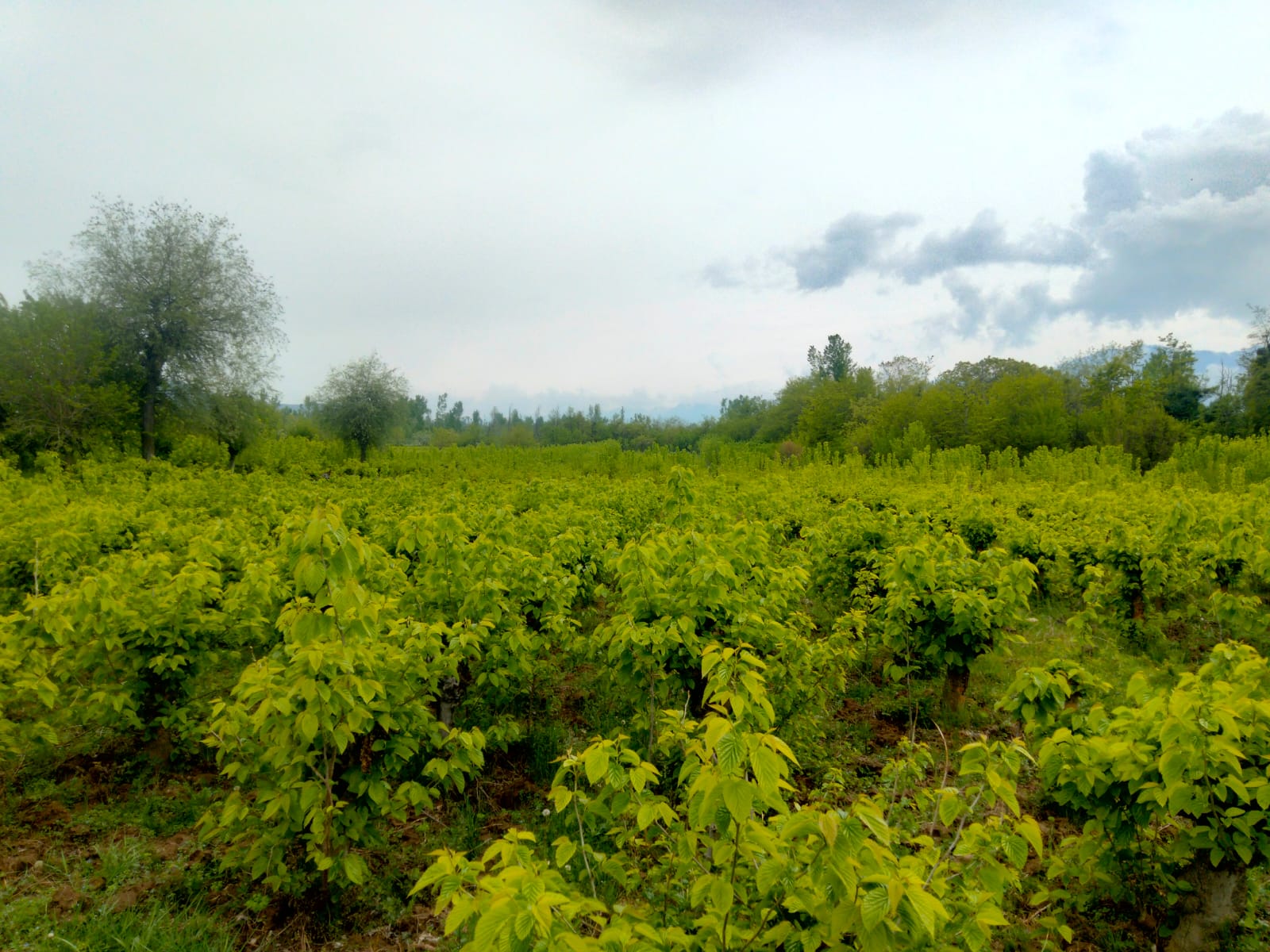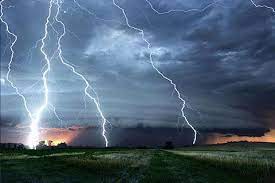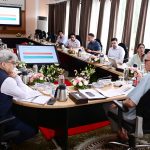The prevalence of CKD is increasing and currently it is believed that 15-20 out of every 100 people have some stage of CKD. It is ranked as the 12th leading cause of death worldwide and is projected to be the fifth leading cause of death by 2040.1 CKD is an independent predictor of hospitalization, reduced quality of life and increased economic burden on patients, payers and healthcare infrastructure. Unlike heart disease and cancer the prevalence is increasing. Kidney disease is a silent killer and unlike heart disease and cancer the symptoms often come very late and often go unnoticed until it is too late. Data from the registry of Indian Society of Nephrology has shown that majority of the patients are coming to the nephrologists in stage 4 and stage 5 CKD. The registry also shows that Diabetes and Hypertension are the leading causes of CKD Both of these are lifestyle diseases and are essentially preventable
Recent studies have shown that a persistent and ongoing CKD knowledge gap exists, one that is demonstrable at all levels of healthcare : amongst primary care physicians, nurses, dialysis technicians, the public as well as the policy makers.
This has been compounded by the unbridled proliferation of social media platforms like Facebook , YouTube, Instagram and Twitter. The COVID pandemic resulting in lock downs has further accelerated the growth of social media .The commercial nature of these platforms often results in widespread proliferation of content that is not proven to be true by scientific methodology. The only measure of success in social media is the popularity of the post and the number of followers, both of which can be manipulated by commercial tools like boosting. A lot of this information would not hold water if tested by standard scientific methodology. The poorly informed public and patients find it challenging to access scientifically authentic and validated information. This is especially true for developing countries like India where there is a proliferation of quacks and untested therapies and regulatory mechanisms are lax. A significant number of them often land up in the hands of these quacks losing precious time as well as money.
Kidney plays a critical role -critical role in maintaining salt and water balance in body besides removing toxins. For performing these functions, it requires blood supply at rate of 1 litre/minute.
In states of dehydration the blood supply is reduced and hence kidney function worsens. It is estimated that CKD and/or acute kidney injury (AKI) are present in 15% of individuals who frequently work in hot environments. The risk is greater in extreme of age (new-borns and elderly) well as those with diabetes or pre-existing kidney disease. Several research studies support the hypothesis that heat stress induces tubular kidney injury, which is worsened by higher core temperatures, dehydration, longer work durations, muscle damaging exercise, and consumption of beverages containing high levels of fructose. Hence during summer months there is an increased risk of acute kidney injury due to dehydration. The risk is higher if there are associated infections with diarrhoea or vomiting or inadvertent intake of painkiller (NSAIDS). This injury can be low-grade, as assessed with kidney injury markers or overt AKI which is a clinical diagnosis that typically occurs subsequent to exertional heat stroke in the setting of occupational heat exposure. Not only that repetitive kidney injury caused by physical work in the heat can progress to chronic kidney disease.
The entire country is going through a hot wave. The hot wave is likely to continue for a while. Kidney patients are at risk of worsening of their kidney functions during summer weather for the following reasons :
1. Reduced Blood pressure
It has been seen that the blood pressure tends to reduce during summer months as the arteries tend to dilate. Also there is excess sweating (which normally results in loss of water and salt form the body.
(2) Increased blood sugar levels :During summer months the blood sugar levels tend to increase partly due to lack of exercise/ more periods of inactivity and partly due to dietary changes resulting from increase consumption of beverages
2. Infections
Summer months are associated with higher rates of diarrheas and viral infections. Any infection tends to put pressure and causes worsening of kidney functions
(4)Weight Gain : . In addition there is relative period of inactivity due to high outdoor temepratures which predisposes to weight gain .
In case you want to protect your kidneys and prevent worsening of kidney function I would suggest the following measures :
1. Good blood pressure control : Close monitoring of blood pressure should be done as summer sets in . In my experience most patients require a reduced dosage of their BP Medicines. Blood pressure is one of the most important factors that affects kidney function and current guidelines recommend a blood pressure below 130/80 in patients with kidney disease. The targets are even lower for patients with protein leakage and these patients need to control their BP to below 125/80.
2. Good blood sugar control : Close monitoring of blood sugar should be done as summer sets in. The blood sugar needs to be checked in different times of the day before and after meals : morning afternoon and night Most patients would require an increased dosage of their blood sugar medicines or insulin. The target Hba1c in patients with kidney disease is 7 but higher targets can be accepted in older patients
(3)Regular Exercise/ Yoga; There have been concerns about outdoor exercise and walks in hot temperatures However this should not deter them for continuing regular physical activity and /or exercise. We should avoid strenuous outdoor activities during peak hours of high temperatures (12-4 PM)
I suggest that indoor yoga or gym should replace out door walks or cycling. This will help prevent weight gain and keep blood sugar and blood pressure in check
(4) Diet control: Keep yourself well hydrated with water/juices. Avoid beverages and colas . Patients with advanced kidney disease should avoid lemon jucie and fruit juices. An extra affect should be made to control salt in the diet . And high salt drinks like jaljeera, lassi should be minimised For Diabetic patients seasonal fruits like mango, melon, water melon should be taken in moderation and blood sugar monitored periodically.
(5)Monitoring of kidney functions: These should be checked more frequently and inertia to get these tests done should be avoided. Home pick up of blood samples is available form most laboratories so weather should not be an excuse to avoid blood tests. Similarly kidney patients should not miss their visit with their nephrologists. For those living in distant areas teleconsultations can be done as a screening measure to prioritise and triage those patients who will require a hospital visit. We have published our experience with Telemedicine in post COVID period and found that it is an excellent tool for monitoring kidney patients and saves the cost of travel and loss of wages from travel visits to hospitals.
(6)Stop Smoking: If you smoke, quitting now is the most important step you can take for your kidney health. the relative risk for developing CKD was 27 times higher and for end-stage renal disease 51 times higher for person who have smoked but left. For those who continued smoking the risks were even higher : 34 times for CKD and 91 times higher for end stage renal disease . The negative impact of smoking also exponentially contributes to cardiovascular risk in patients with CKD, adding further insult to the injury
7. Avoid pain killers like combiflam. Brufen, voveran when you are dehydrated if you have fever or body ache.. Also we should avoid pantoprazole It is also wise to avoid alternative/ untested therapies like water immersion for kidney disease which have no scientific basis
Dr Sanjeev Gulati
President , India Society of Nephrology
Principal Director
Nephrology and Kidney Transplant
Fortis Gp of Hospitals, NCR







